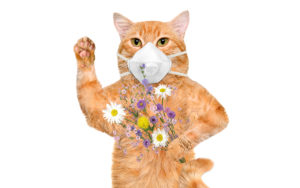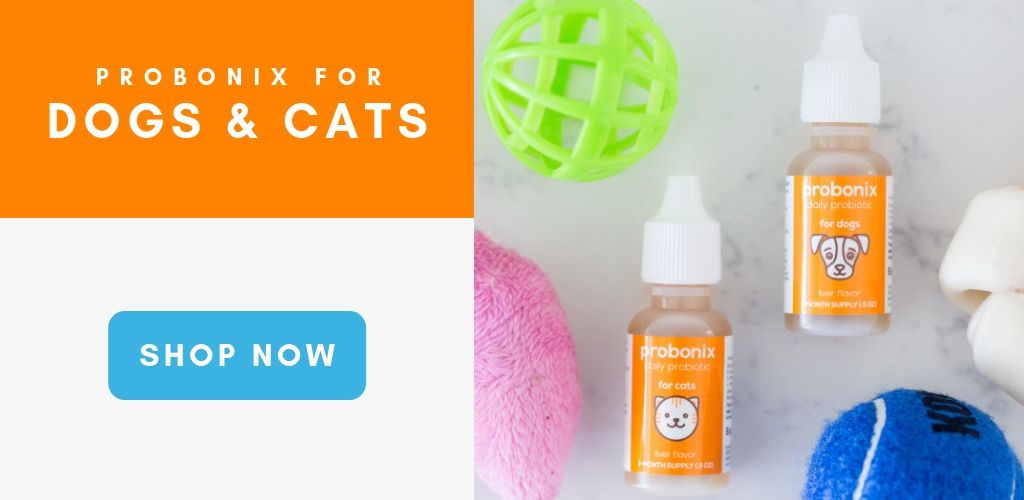 March 19th marks the start of National Pet Poison Prevention Week. This is a week dedicated to spreading awareness about pet poison prevention to pet owners across the country. The importance of spreading awareness on this issue becomes clear when you consider that the Animal Poison Control Center (APCC) estimated that they received over 180,000 pet poison cases in 2016 alone! The Pet Poison Helpline also states that awareness is the key to preventing poisoning emergencies. Awareness on this topic is so important because some of the most common toxins are household items that many owners may not realize are hazardous to their animals.
March 19th marks the start of National Pet Poison Prevention Week. This is a week dedicated to spreading awareness about pet poison prevention to pet owners across the country. The importance of spreading awareness on this issue becomes clear when you consider that the Animal Poison Control Center (APCC) estimated that they received over 180,000 pet poison cases in 2016 alone! The Pet Poison Helpline also states that awareness is the key to preventing poisoning emergencies. Awareness on this topic is so important because some of the most common toxins are household items that many owners may not realize are hazardous to their animals.
What poisons do I need to be aware of?
There are many common household items that can lead to pet poisoning. Some are obvious, but many are not. Insecticides and rodenticides are both common causes of pet poisoning. These can include sprays, granules, insect bait stations, and mouse and rat poisons. Over-the-counter (OTC) insecticides, like flea or tick medications, can be hazardous if instructions are not followed exactly. Owners need to be sure to use exact dosage, and don’t use dog medications on cats or vice versa. The same is true for pet prescription medications. Many of these have flavored coatings so pets will take them more easily, but this can lead to overdosing if they manage to get ahold of more than the recommended dosage. Keep an eye on your pet’s meds and make sure you only give them what they need!
Speaking of medications, the most common causes of pet poisoning are actually human OTC and prescription medications. These include antidepressants, like Prozac and Effexor, as well as acetaminophen and common anti-inflammatory drugs like Motrin and Advil. The Pet Poison Helpline estimated that 43% of calls they received in 2012 were for dogs that ate these drugs. Certain dietary supplements and vitamins can also be hazardous to pets. Iron and Vitamin D can both be highly toxic to pets in overdose situations.
It is well known that you shouldn’t feed your dog dark chocolate (the theobromine in dark chocolate can be deadly), but there are a number of other foods that are safe for humans, but hazardous to cats or dogs. Let’s run down a few of the most common ones here. Coffee can spike heart rates in animals and send them into cardiac arrest. Alcohol can lead to depression, breathing problems, and can even lead to a coma. Avocados can be poisonous to dogs. Macadamia nuts can cause overheating and weakness. Xylitol, a common sweetener in sugarless gums and candies, is a big one. There are more and more items that are using Xylitol as a sweetener each year. It can be deadly to animals when ingested in even very small doses. The exact reasoning is still unknown, but grapes and raisins can cause irreversible kidney failure in animals. Onions, mushrooms, garlic, table salt and yeast dough should also be kept out of reach of your cats and dogs.
What should I do if I think my pet is poisoned?
The best thing you can do for a poisoned pet is to be prepared. Know the location of the nearest 24-hour emergency center before there is an emergency. Try to drive by the facility at least once before something happens. You don’t want to be trying to figure out where to go when your pet is poisoned and every second counts. If your pet is poisoned and you know the cause, head to the emergency center. Whenever possible, take a container with the source of the poison with you so you can show the emergency staff the exact cause.
As referenced a few times at the top of the article, the APCC (888-426-4435) and the Pet Poison Helpline (855-764-7661) are fantastic resources for pet poison issues. Even our resident Humarian veterinarian, Dr. Julie Towle, uses these resources because they stay up to date with the best possible information and widest coverage on pet poison issues. Be sure to use these resources if you have any suspicion that your pet may have been poisoned.
People who liked this blog also read these:


